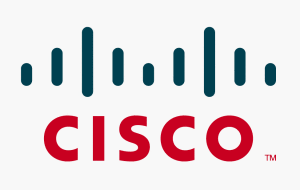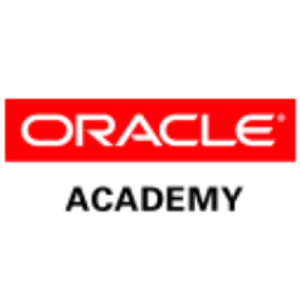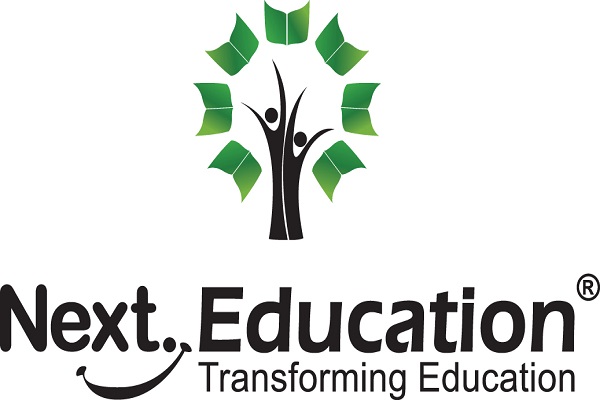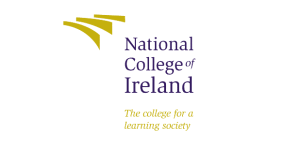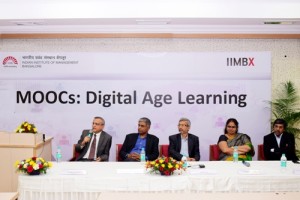 The IIM-Bangalore’s tie-up with edX platform to provide students free of cost world-class education, through MOOCs, has several takers from foreign countries. Around 65 per cent of enrolments are from international students while the rest are Indians. Out of around 1 lakh foreign learners, 15 per cent are from the US, three per cent from Europe and 1.2 per cent from African countries.
The IIM-Bangalore’s tie-up with edX platform to provide students free of cost world-class education, through MOOCs, has several takers from foreign countries. Around 65 per cent of enrolments are from international students while the rest are Indians. Out of around 1 lakh foreign learners, 15 per cent are from the US, three per cent from Europe and 1.2 per cent from African countries.
In the Massive Open Online Courses (MOOCs), students can sit in the comfort of their place and attend the classes of faculty at top universities in the world.
Sushil Vachani, Director, IIM-B, said, “MOOCs is the new digital learning technology which can be used by young Indian professionals and students. It will change the face of higher education in India. It can be made accessible to colleges in Tier 2 and Tier 3 colleges and in places where it’s not available.”
“Today, every student has a smart phone but he/she does not know about MOOCs or is not encouraged to take it up. In rural areas, there is tremendous young talent and a thirst to learn, but there’s no internet connectivity. We will collate the success stories of Indian students who attend MOOCs and share them to encourage others,” he further said.
“We did a special session on MOOCs in some Hubballi colleges and educated them about it. Parents too should understand that MOOCs is not a substitute for education but a supplement,” he added.
IIM-B had recently announced a one-day faculty development programme with the aims to enhance the skills and in imparting management education in their business schools by blending MOOCs with in-class facilitation and teaching.










